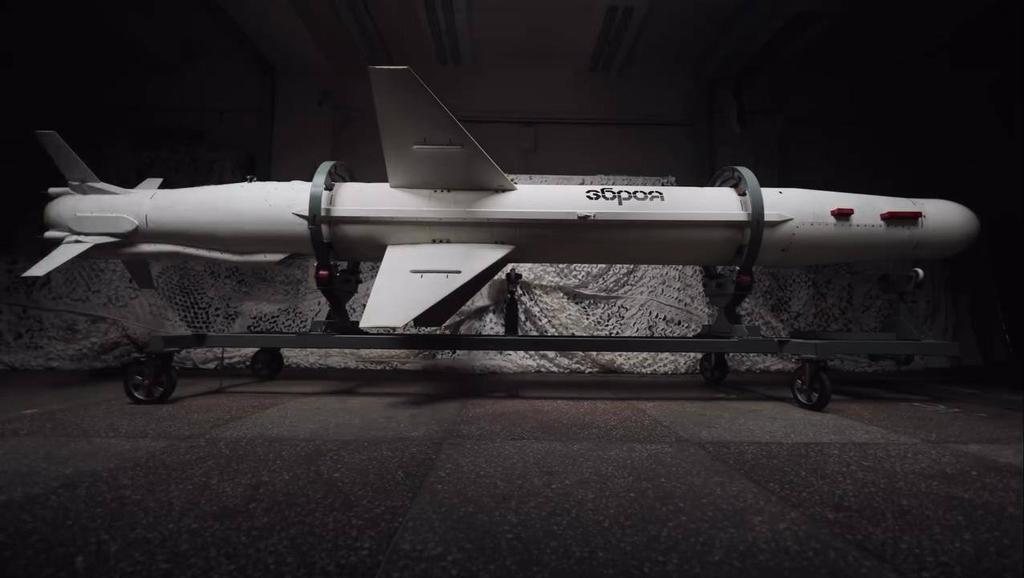Analysis: Why JD Vance is very wrong about Russian 'concessions' in Ukraine peace talks

In an attempt to put a positive spin on U.S.-led efforts to end Russia's full-scale invasion of Ukraine, Vice President JD Vance on Aug. 24 claimed Moscow had made "significant concessions" during the now months-long and largely stalled peace process.
Vance's comments to NBC News' "Meet the Press" come after Moscow's continued refusal to accept U.S. President Donald Trump's ceasefire proposal, as well as more recently, a refusal to hold a bilateral meeting between President Volodymyr Zelensky and Russian President Vladimir Putin.
Despite this, Vance framed his country's negotiations with Russia in a positive light.
"I think the Russians have made significant concessions to President Trump for the first time in 3.5 years of this conflict," Vance said.
"They've actually been willing to be flexible on some of their core demands. They've talked about what would be necessary to end the war."
Here are some of the alleged concessions made by Russia, and why they're nothing of the sort.
Vance: "They've recognized that they're not going to be able to install a puppet regime in Kyiv — that was, of course, a major demand at the beginning."
Vance himself highlights the issue with the claim that this is a recent Russian concession — Moscow had to abandon any hope of installing a puppet regime in Kyiv more than three years ago.
Putin didn't attempt to hide one of the main aims of what he dubbed a "special military operation," saying in a speech to launch the invasion on Feb. 24, 2022, that Ukrainian citizens should rise up against the government of President Zelensky which he described as "neo-Nazis" and an "anti-national junta that is robbing Ukraine and mocking its very people."
The Kremlin appears to have genuinely believed this would happen in a matter of days and that Moscow's forces would swiftly take Kyiv, topple Zelensky and install a puppet regime that would do its bidding.
The evidence for this? Russian state media channels had pre-written victory articles ready to go, one of which was accidentally published — and then swiftly deleted — just four days after the launch of the full-scale invasion.
After more than a month fighting, Russia was forced to abandon any hopes of capturing Kyiv, and on March 29, 2022, announced it would be retreating from Kyiv Oblast.
And with that, the Kremlin lost all hope of installing a puppet regime in Kyiv — two-and-a-half years before Trump was even elected to office, never mind pushing for peace talks.
Vance: "What they have conceded is the recognition that Ukraine will have territorial integrity after the war."
In a similar vein to the last point, Russia was forced to concede this point just weeks into the full-scale invasion when Ukrainian forces prevented it from taking over the entire country.
While Russia made significant gains in multiple regions of Ukraine in the first months of the full-scale war, since November 2022, Russian forces have only captured 5,842 square kilometers of Ukrainian territory, accounting for about 0.97% of the country's landmass, according to DeepState.
Overall, together with territories occupied by Russia since the beginning of its invasion of Ukraine in 2014, about 20% of Ukrainian land is currently under occupation.
This has come at a huge cost to Russia — more than 1 million battlefield casualties and experts warning of a wrecked economy and possible food shortages.

Vance: "They've acknowledged that there is going to be some security guarantee to the territorial integrity of Ukraine."
Acknowledging security guarantees for Ukraine costs Russia nothing. Actually agreeing to them is another matter entirely.
After Zelensky's Aug. 18 appearance at the White House, there has been a flurry of international activity and European leaders are sketching out what form they will take.
Despite the ongoing uncertainty of what they might look like, how much U.S.-backing they will receive, and if they would in theory be effective, this is actually the easy bit.
The difficult bit is going to be getting Russia to agree to them.
The Kremlin has given no signs that it is actually willing to give up its maximalist territorial demands in Ukraine, and it's highly unlikely to sign anything which would prevent it taking more Ukrainian territory in the future.
And sending European troops to Ukraine as part of security guarantees would amount to "foreign military intervention," Russian Foreign Minister Sergey Lavrov said on Aug. 21, making explicit that the Kremlin would not agree to any plan which included them.
So yes, while Vance may be correct in saying Russia has made some acknowledgements, in the real world, this means next to nothing.
"President Trump has done more to apply pressure and to apply economic leverage to the Russians... than (U.S. President) Joe Biden."
This is objectively not true and Trump has done next to nothing to apply concrete pressure on Russia to end its war in Ukraine.
Almost every single sanction imposed by the U.S. Treasury Department on Russia since the start of the full-scale invasion of Ukraine occurred during Biden's presidency.
The only thing close during Trump's term was the re-designation of the Russian-linked cryptocurrency exchange Garantex Europe OU earlier this month.












